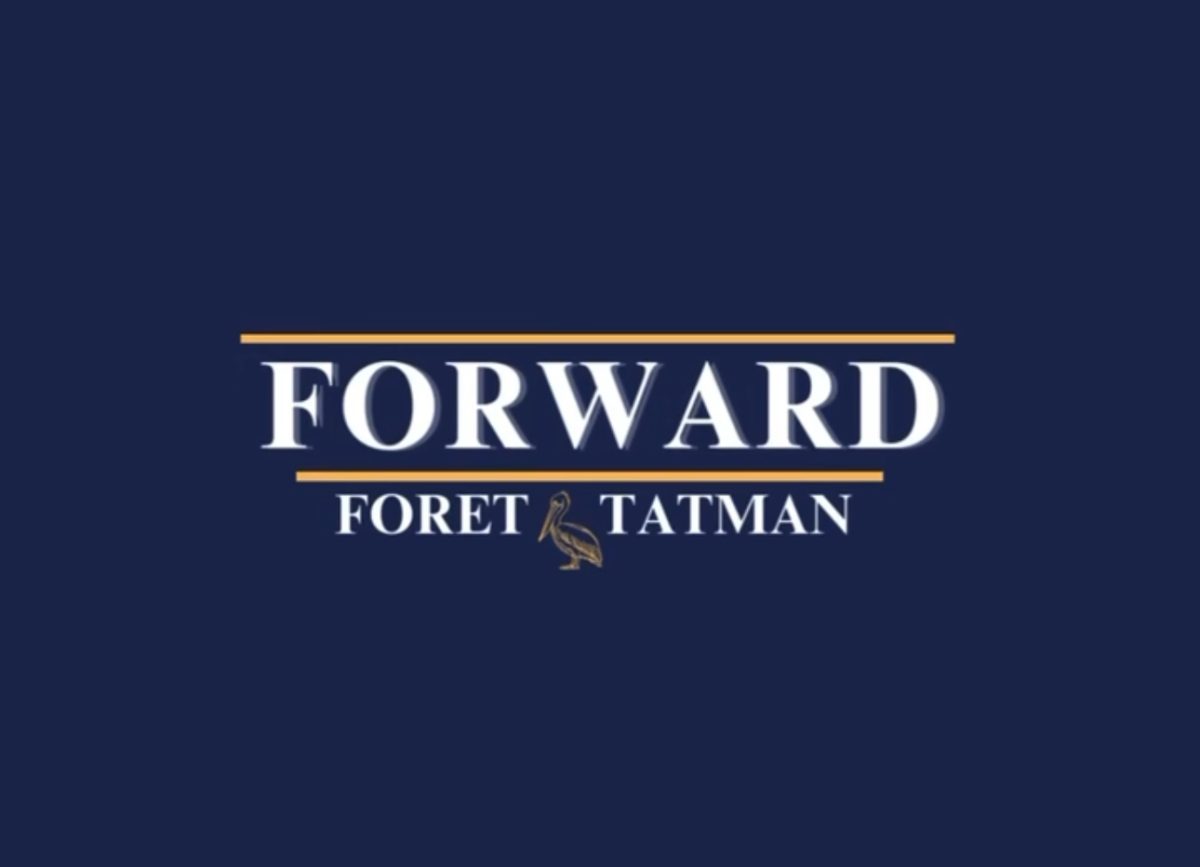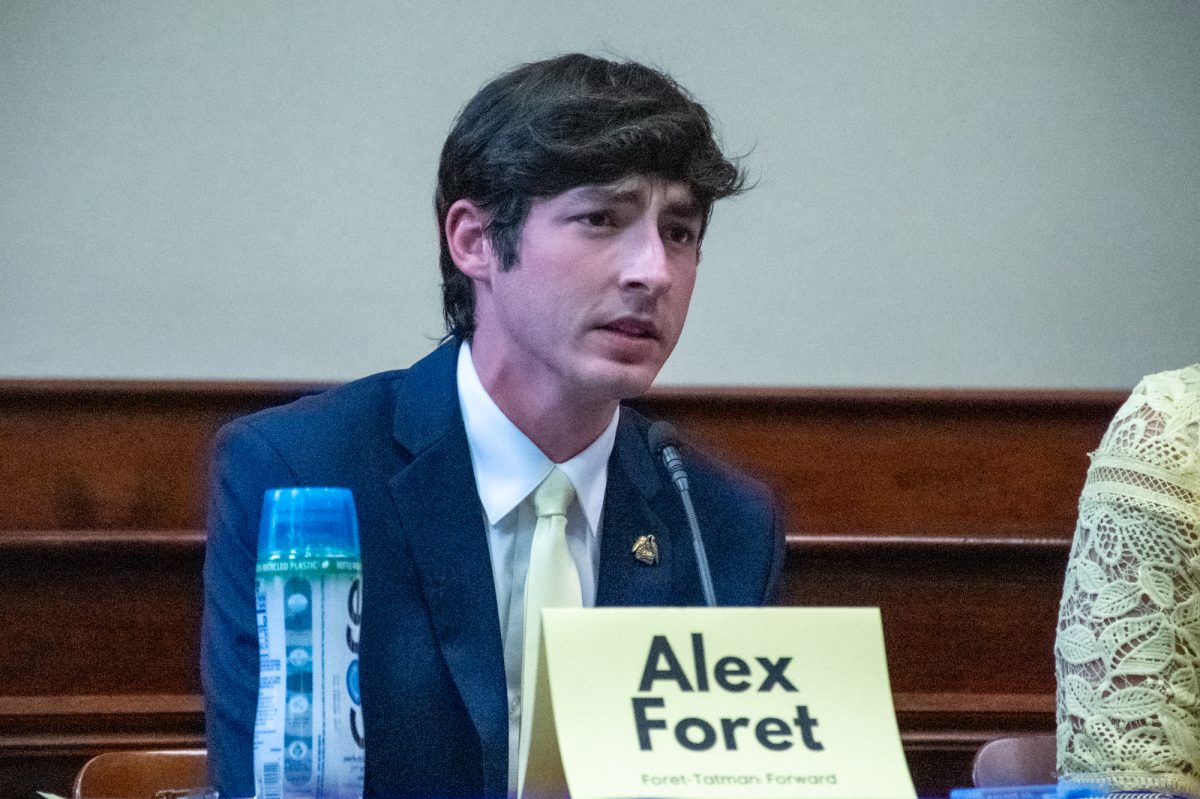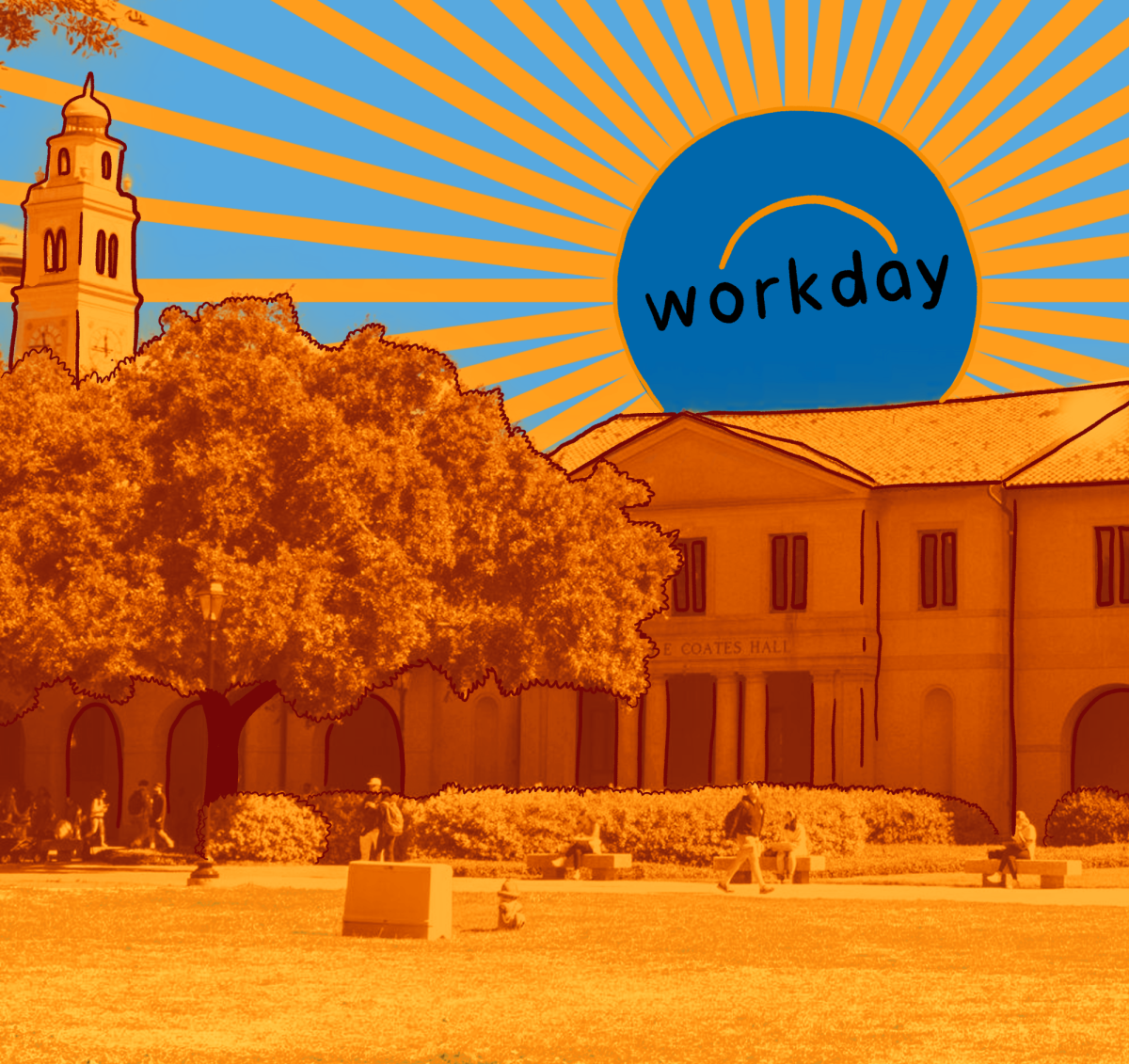The trend for cases of the H1N1 virus is declining nationally, but many health care providers still have not received inoculation shipments a full month after a vaccine was created.The Student Health Center is developing a vaccination distribution proposal for the Department of Health and Hospitals, the last step to receiving those vaccinations.Julie Hupperich, associate director of the Health Center, said she expects the vaccinations soon.”Basically, we’re under the impression we’re closer to getting it if they are asking us about our distribution plan,” Hupperich said.Frank Welch, medical director for pandemic preparedness in Louisiana, said state college students can expect to see deliveries as early as next week.Hupperich said the DHH hasn’t told her how many doses the Health Center will receive or when. She said the plan she will present to the DHH within the next few days will be based in part on the number of students and faculty who requested seasonal flu vaccines.The Health Center distributed about 2,000 seasonal flu shots to students during October’s Flu Week, Hupperich said. More shots were also distributed to Veterinary School students, and 25 percent of the shots went to faculty. She said she expects the Health Center will request about 3,000 H1N1 vaccines.Hupperich said the initial allotment may call for an alphabetical distribution method for the vaccines. She said inoculations would be opened to whoever wants them if the demand is not overwhelming. Welch said Louisiana has been distributing its limited number of vaccinations mostly to pediatric care givers during the last three weeks because children are a high risk group.He said the national shipping delay is mostly because of the slow production of the vaccine.”They say it’s a slow grower, or that’s the reason they’ve been giving us,” Welch said.Welch said flu vaccines are “basically cooked like soup” in industrial vats and are distributed over the course of months.There is also no single H1N1 vaccine because it comes in at least four different varieties for different groups of people, he said. Louisiana is expected to receive the full allotment of inoculations, about 2.3 million doses in various forms, by the end of January.Welch said University students will most likely be given intra-nasal sprays, a form of the vaccine recommended for healthy people between the ages of 2 and 49.The Health Center will receive between 300 and 400 doses over a three- to five-week period, Welch said.Welch and Hupperich said there has been a cyclical pattern for the virus since its emergence, but recently the number of cases has dropped.
Because there is always a chance of re-emergence with pandemic diseases, Welch recommended people get both seasonal and H1N1 vaccines before the seasons overlap and make diagnosing the virus more difficult. “If we increase the number of people who can’t get it and can’t spread it, the virus will have a harder time going around,” Welch said.—-Contact Adam Duvernay at aduvernay@lsureveille.com
Student Health Center to receive H1N1 vaccines
November 2, 2009









